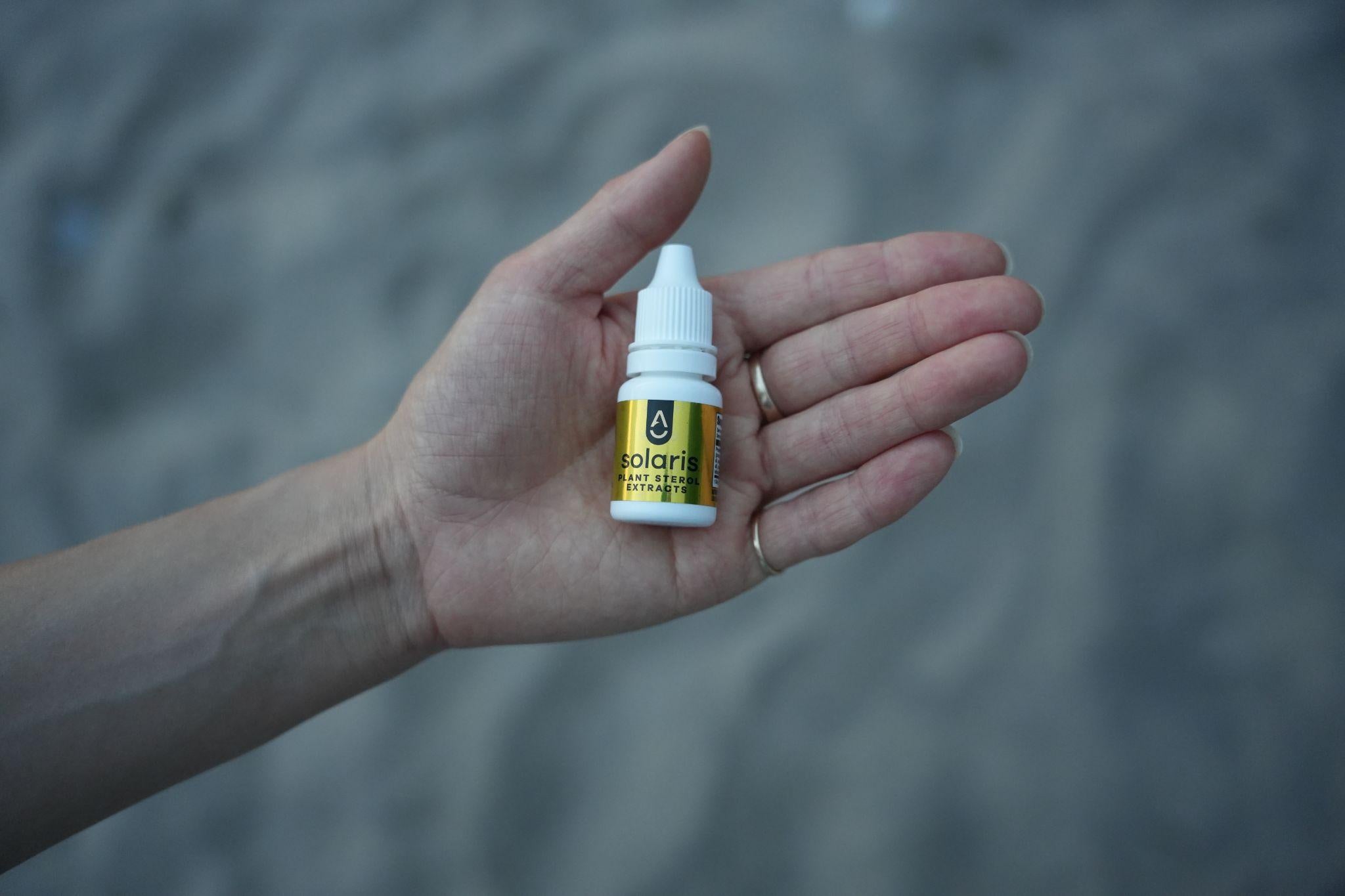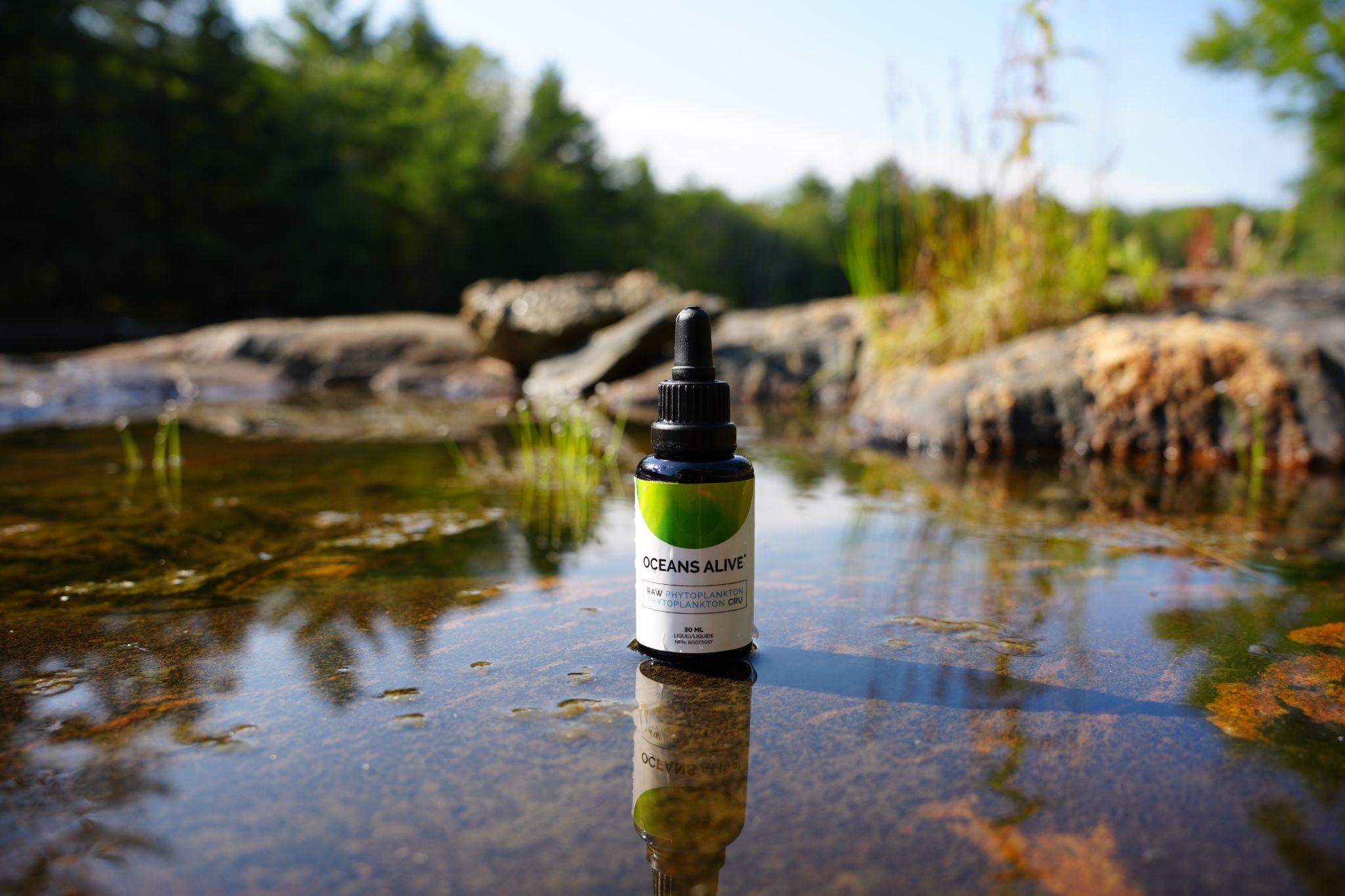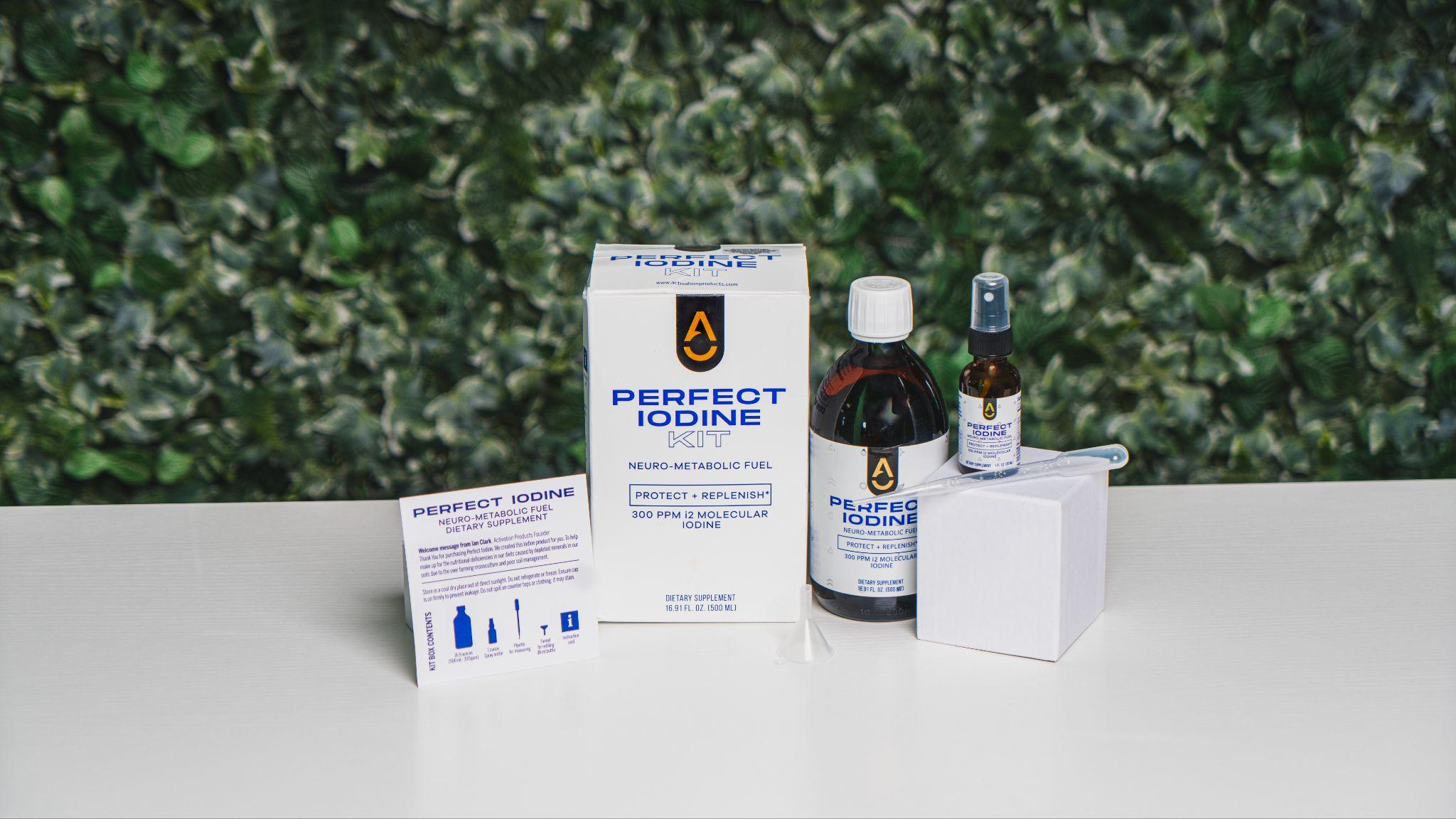
How did you sleep last night? Did you fall asleep quickly, or toss and turn? Once you were asleep, was that it? Or did you wake up several times? What about when you woke up? Were you refreshed, revitalised, ready for the day? Or was it a struggle to haul yourself out of bed?
It’s very common to have problems with sleep. There can be lots of reasons why you can’t sleep: stress, depression, anxiety, chronic pain and certain medications are common causes. But it’s also common for people suffering from insomnia to have developed bad habits around sleep.
There are some simple (though not always easy!) habits to develop or break if you want to get the best night’s sleep you can. These habits and practices that encourage good sleep are called “sleep hygiene.” It’s like washing your bedtime free of bad habits, leaving only the good stuff. Read on for some of our favourite practices for sleep hygiene.
Electronics Before Bed
Phones, laptops, tablets — they’re all so ... portable. It’s so easy to bring them into bed with us for one more episode on Netflix, one more scroll through Instagram or one last email check. But as tempting as it is to keep our devices as bedmates, our electronic friends can really mess up our sleep.
"When we looked at smartphone use around the time when participants reported they went to bed, more smartphone use around that time in particular was associated with a longer time to fall asleep and worse sleep quality during the night," Dr. Gregory Marcus, author of a new study on devices’ effects on sleep told CNN.com.
This has a lot to do with the type and amount of light that our devices put out. The light confuses our brains because it has a similar effect to the morning sun. This makes the body stop producing melatonin, a hormone that triggers sleep. According to Business Insider, “by disrupting melatonin production, smartphone light can disrupt your sleep cycle like an artificially induced sort of jet lag. This makes it harder to fall and stay asleep — and potentially causes serious health problems along the way.”
It’s best to stop using electronic devices about an hour before sleep to allow the body to wind down and prepare for sleep.

Keep Pets Outside While You Sleep
I know, little Spot is wonderful to cuddle with, and Duke makes you feel protected and Buddy hates sleeping in his own dog bed. But our furry friends tend to be quite active at night, and when you’ve been woken up at 3 a.m. because your cat jumped on your head, it can be hard to fall back asleep afterwards.
Setting boundaries is especially important if you are a cat owner, because felines are naturally nocturnal and do a lot of their playing after we’ve gone to sleep. Make sure your pet has its own bed to sleep on and schedule some quality play time with them before you go to sleep. Then firmly close your bedroom door and, if necessary, put in some ear plugs or turn on a white noise machine to drown out the sounds of meows/whines/scratches at your door. They will eventually get the message, establish new routines, and you will sleep better.
Establish a Bedtime Routine
It’s important to establish a routine to help you leave the day behind before you get into bed. Often we’re busy during the day, running around at work and at home, stress running high. Bringing all of that stress to bed with you is going to make good sleep harder to get.
Dr. Helene Emsellem, a neurologist and medical director of the Center for Sleep and Wake Disorders in Chevy Chase, MD, spoke to NPR about creating a bedtime routine: “Set up a quiet, relaxing bedtime routine, such as a warm shower or bath, soft music and quality time with a bed partner, if possible. Gentle upper-body stretches or gentle yoga to unwind tight muscles before sleep may be helpful, too.”
Other ideas: read a book, but don’t make it a slasher murder mystery — something calmer or an old favourite you’ve read many times will be more soothing. Try meditation or breathing exercises; even five minutes of focusing on breath before bed will help.
Limit Your Naps
Naps are fantastic pick-me-ups if you time them right. But they can really mess with your sleep patterns if you don’t. The National Sleep Foundation suggests keeping naps to about 20 minutes long; longer than that and you can wake up feeling groggy because you’re waking up from a deeper sleep.
But if you nap too late in the day, you can actually mess with your body’s natural clock and decrease your sleep drive. Definitely cut naps off after 5 p.m. if you want to sleep well during the night. Basically you want to avoid confusing your body. If you fall asleep for two hours, or go to sleep at 7 in the evening, your body thinks you’re going down for a full night’s sleep, and when you rudely awaken it before it’s gotten its fill, things will not go well for you later on in the night.

Exercise to Support Better Sleep
Similar to naps, exercise can be a great sleep support if you time it right. According to The Sleep Doctor, “Exercise can contribute to more sound and restful sleep. Physical activity increases time spent in deep sleep, the most physically restorative sleep phase.”
Exercise during the day can also help you sleep longer. This is because exercise uses up energy, which makes you feel more tired and ready for sleep at the end of the day. As you may know, the sleep you get the night after a hard workout is a very good sleep.
However, if you’re exercising too close to bedtime, it may interfere with your sleep. We feel energised and vibrant right after finishing a workout, and our body temperature is higher for about four hours after exercising. Both of these factors make it harder to fall asleep. For best results, it’s a good idea to keep to very gentle movements — stretching, light yoga, etc. — in the three hours before we hit the hay.
Limit Your Caffeine Intake
Isn’t coffee delicious? As is tea. And soda. And don’t even get me started on Red Bull.
Unfortunately, all that deliciousness is absolutely hurting your sleep if you drink it too late in the day. That’s because these drinks all contain caffeine, which is a very effective stimulant. It increases activity in the brain and the central nervous system. When you ingest caffeine, you’re more alert, more focused, and more energised. All of these things are great when you’re kick starting your morning but not so great when you’re trying to get some quality shut eye.
Caffeine has the maximum effect on your body about 30 to 50 minutes after you’ve consumed it, but has lingering effects for three to five hours. A study published in the Journal of Clinical Sleep Medicine found that consuming caffeine six hours before bedtime still reduced total sleep by one hour. So depending on how much you feel the effects of caffeine in your body personally, it would be wise to stop drinking it several hours before you head to bed.

Balance Your Magnesium Levels
One cause of poor sleep might be not having enough magnesium in your body. Low magnesium levels can cause anxiety, joint pain, loss of sleep, or poor quality sleep. Having enough magnesium increases your energy levels during the day, helps keep you calm and relaxed, and provides deep, soothing sleep.
Activation’s magnesium solution is EASE Magnesium, a topical spray that is much more bioavailable than taking magnesium supplements that have to travel through your digestive system. EASE goes to work immediately, and you feel the positive effects within 90 seconds of applying the spray. Nearly everyone who uses this one-of-a-kind spray reports feeling noticeable effects immediately. Cramps disappear, muscles relax, joint pain fades, and you get the quality sleep you deserve.
Get the best sleep tonight with EASE Magnesium.
Related links:
https://www.cnn.com/2016/11/09/health/smartphones-harm-sleep/index.html
http://www.businessinsider.com/blue-light-sleep-affects-body-2016-11
https://www.npr.org/templates/story/story.php?storyId=90638364
http://www.sleepeducation.org/news/2013/08/01/sleep-and-caffeine
https://sleepfoundation.org/insomnia/content/should-you-nap
https://www.thesleepdoctor.com/2017/05/22/benefits-exercise-sleep/
https://www.thespruce.com/avoid-cat-related-sleep-deprivation-555650






Prebiotics and Probiotics: Rebuilding Your Microbiome
Magnesium for Stress and Anxiety